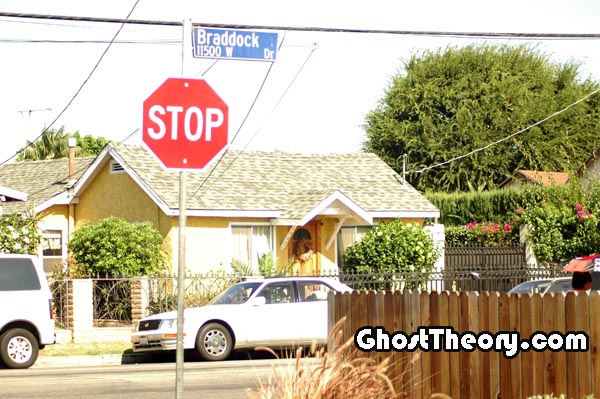I have been employed by one of the major Satellite TV providers, and can attest that much of this is true.
The rest I have no reason to doubt.
From an article in The Daily Mail
Is your TV spying on YOU? It sounds like science fiction but many new TVs can watch you – telling advertisers your favourite shows or even filming you on the sofa. And there’s no off switch!
By Guy Adams, 26 November 2013You are sitting in bed in your pyjamas, drinking a cup of cocoa. A loved one lies next to you, watching late-night television. Pillow talk is exchanged. An alarm clock is set. Eventually the lights are turned out.
Earlier, you sat on the living-room sofa eating supper, before loading the dishwasher and heading upstairs.
You have, in other words, just enjoyed a perfectly normal night, in a perfectly normal home. The curtains are drawn, the central heating turned up. It’s cosy, relaxing and, above all, completely private. Or so you thought.
The truth turns out to be quite the opposite. For on the other side of the world, people you didn’t know existed are keeping a beady eye on your every move.
our TVs have started spying on us.
Last week, there was a high-profile case in point. An IT consultant called Jason Huntley, who lives in a village near Hull, uncovered evidence that a flat-screen television, which had been sitting in his living room since the summer, was secretly invading his family’s privacy.
He began investigating the £400 LG device after noticing that its home screen appeared to be showing him ‘targeted’ adverts — for cars, and Knorr stock cubes — based on programmes he’d just been watching.
Huntley decided to monitor information that the so-called smart TV — which connects to the internet — was sending and receiving. He did this by using his laptop effectively as a bridge between his television and the internet receiver, so the laptop was able to show all the data being sucked out of his set.
He soon discovered that details of not just every show he watched but every button he pressed on his remote control were being sent back to LG’s corporate headquarters in South Korea.
As our fascination with, well, ourselves grows so too does the number of cameras in our devices.
Kurt Stammberger, who works for the IT security firm Mocana says the company was recently asked by a television manufacturer to do ‘penetration tests’ on its devices. ‘We weren’t just able to find out what someone was watching, and had watched,’ he says. ‘We could also install “spyware” that could, if they had a video camera, allow us to see through that camera — without even activating the little light that indicates it’s on.
‘It was a fairly straightforward thing to do. People who work in IT often place tape over their computer’s camera lens [in a laptop they are usually set into the inside of the lid] unless they want to actually use it, because it’s so common to hack them. We should all do the same with smart TVs.’
Such an attack, which Stammberger describes as ‘frighteningly easy’ to mount, could provide voyeuristic hackers with a chance to snoop on unsuspecting home-owners in their living rooms or bedrooms.
Ever use your credit card to make an online purchase? Or to purchase a pay per view event? Think data encryption will protect you?
Gangs based largely in Eastern Europe and Russia, meanwhile, are already using so-called ‘data-mining’ programmes to trawl the internet looking for smart TVs in which owners have entered their credit card details. A single search can yield thousands of results.
According to Roger Grimes, who has written eight books on IT security and worked in the field for 28 years, the gangs then sell lists of hacked credit card numbers to fellow criminals.
Card details that were obtained within the past 24 hours sell for around £2.20 each. Older ones are cheaper because there is more chance the cards could have been changed or stopped.
‘What we are starting to see now is really just a foretaste of what’s going to be happening in the next couple of decades,’ says Grimes.
‘Thanks firstly to mobile devices, and now smart TVs, we are entering a brave new world where there will be computers everywhere. Bad guys will take advantage of that.’
And we may not even be safe in our own living rooms.
There have already been cases of people who found out their vacation pictures were being used in advertising campaigns in other countries. How much longer before there is a truly “Candid Camera” of unwitting people simply living their daily lives? From this point forward.
Find us on FaceBook for updates and more. And then wonder how much we really know about you.
5 comments




